On the blog today, welcome new guest contributor, Ella James, as she writes about What is Gluten and is it Bad for You?
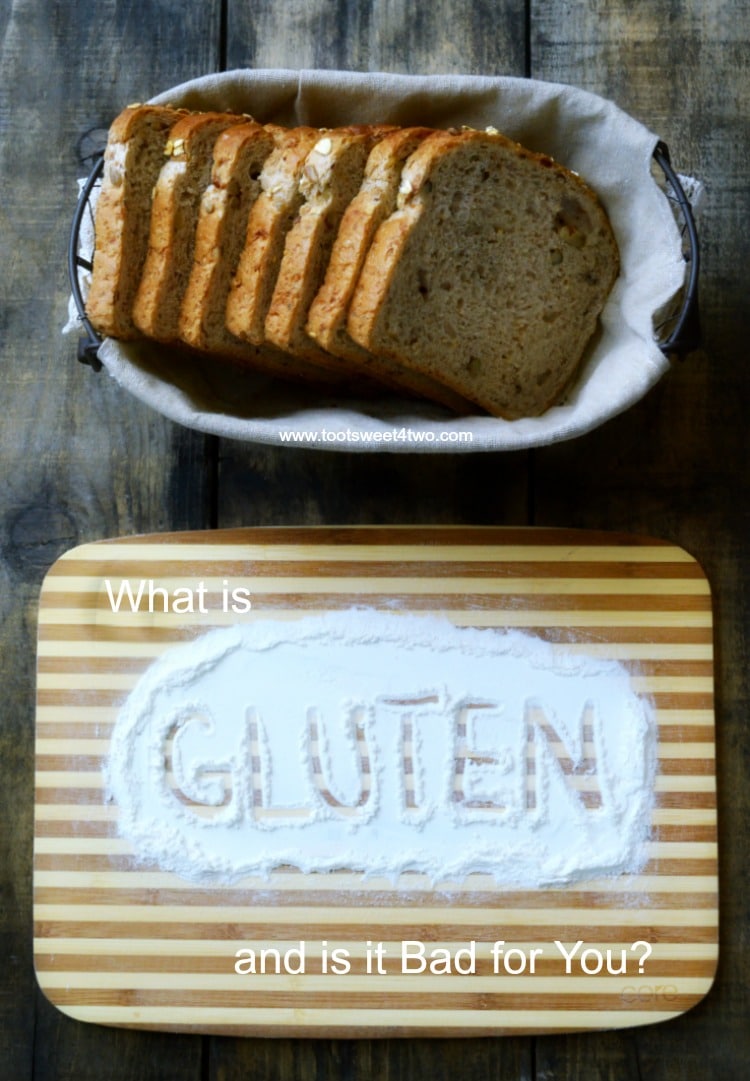
What is Gluten?
Gluten is a protein discovered in rye, barley, grains and wheat. Many of us unconsciously like it because gluten provides well-known foods that unique touch:
- it makes pizza dough stretchy
- offers bread that spongy texture
- is utilized to thicken soups
- and, it’s even in salsas.
Gluten-free foods feature a foundation in science; they help an authentic health issue. To individuals with the chronic digestive problem known as celiac disease, gluten is wicked.
“Their bodies regard a small crumb of it as a harmful invader stimulating an immune reaction,” states Alessio Fasano, M.D., Medical Director of the University of Maryland Center for Celiac Research in Baltimore. The concern is that this immune problem eventually ends up harming the small intestine, causing high nutritional inadequacies and also gastrointestinal distress.
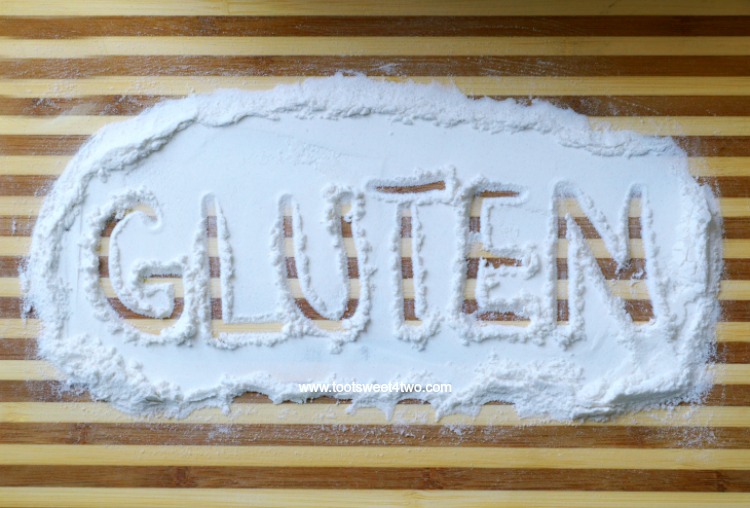
Specialists used to believe celiac disease was an uncommon problem, considered to impact only one in every 10,000 people. However, an Archives of Internal Medicine study in 2003 indicates that celiac disease is more widespread than anyone in the health and medical field supposed, influencing one in 133 individuals in America.
With both improvements in testing and increased awareness, many more people now understand why they become sick right after eating a piece of bread. Therefore, you need healthy snack ideas to keep your health in balance. Also, food companies found a new market.
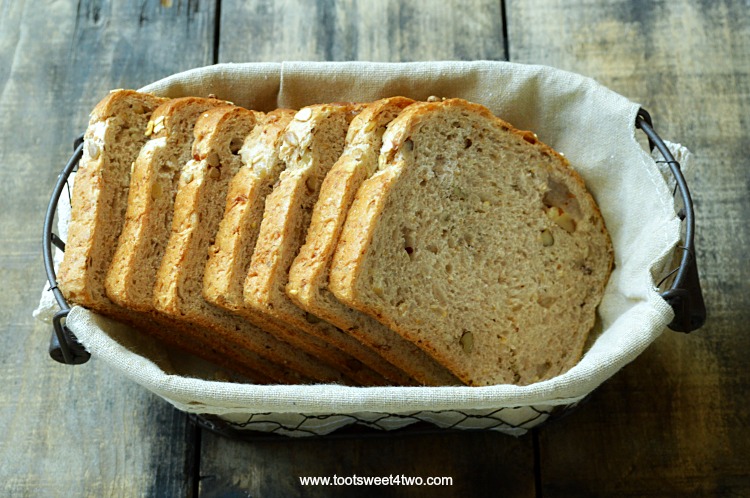
The Health Hype
Thanks to improvements in diagnosed celiac disease and heightened gluten awareness, plus the related uptick in gluten-free foods promoted to sufferers, “gluten-free diet plans have emerged from obscurity and now the pendulum is swinging in the same directional path,” says Fasano.
With this directional push, people are latching on to neglecting gluten as the miracle solution for numerous conditions. Apart from celiac disease, illnesses and conditions such as fibromyalgia, migraine, and even chronic fatigue syndrome have seen improvements. Although some have discovered relief, that does not imply that a gluten-free diet plan will work in almost all circumstances.
Apart from that, there is the concept that gluten-free living is the solution to fast weight reduction. “However,” says Mark DeMeo, M.D., director of gastroenterology and also nutrition at the Adult Celiac Disease Program at Rush University Medical Center in Chicago, “there happens to be nothing mysterious regarding a gluten-free diet plan assisting you in shedding weight.”
What happens to be at work when following a gluten-free diet plan? “Gluten-free eating significantly restricts some foods you take in. With less options, you are more unlikely to overeat,” explains Shelley Case, R.D., author of Gluten-Free Diet Plan: An Extensive Resource Guide and medical advisory board member of the Celiac Disease Foundation.
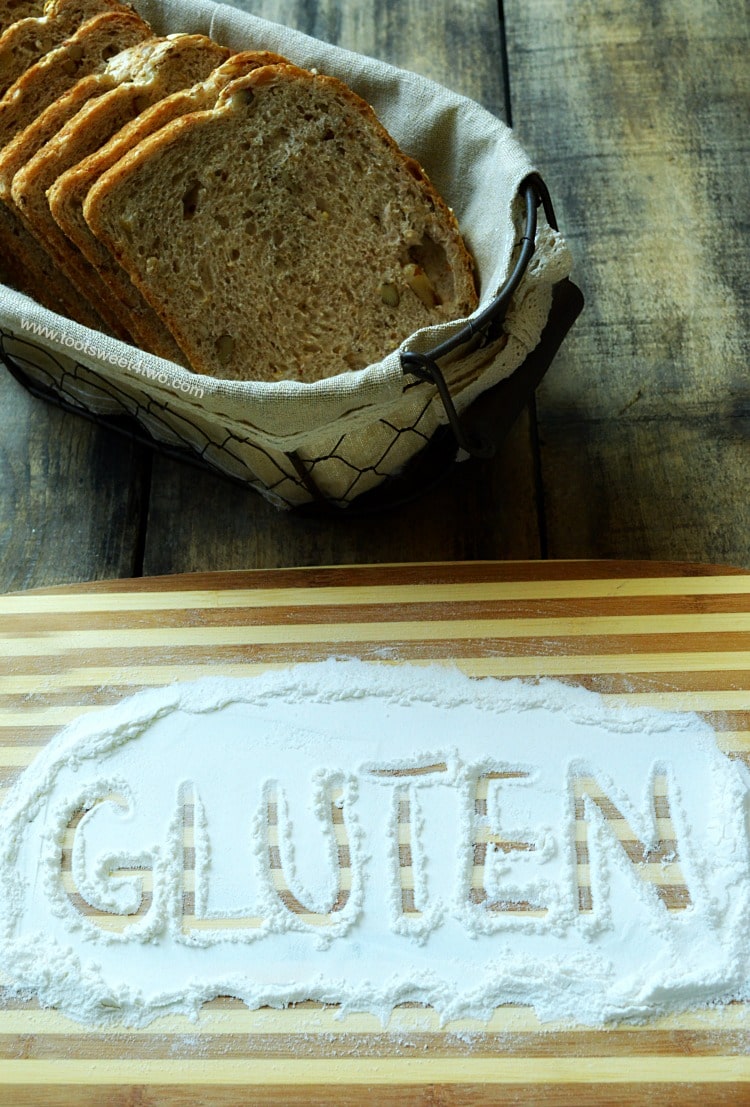
Ought You Proceed Gluten-Free?
If you do have gluten sensitivity or even celiac disease, the solution is simple: indeed, you must. However, in case you simply would like to give this diet plan a spin, understand this: it’s a huge pain in the butt! Quitting gluten might sound just as fundamental as slicing bread or perhaps eating much less pasta. But, this is not a new edition of the low-carb craze, simply because gluten can make foods thick plus tasty. And, gluten is found in everything from salad dressings to seasonings to soy sauce.
Apart from the hassle, you may end up having severe nutritional inadequacies. “Gluten-free does not invariably mean healthy; particularly when people pull vitamin-enriched foods and whole grain foods out of their diet plans and substitute those with gluten-free brownies,” claims Case. And, research indicates that those who go without gluten might be more likely to unintentionally omit essential nutrients like iron, fiber, and Vitamin B from their diets.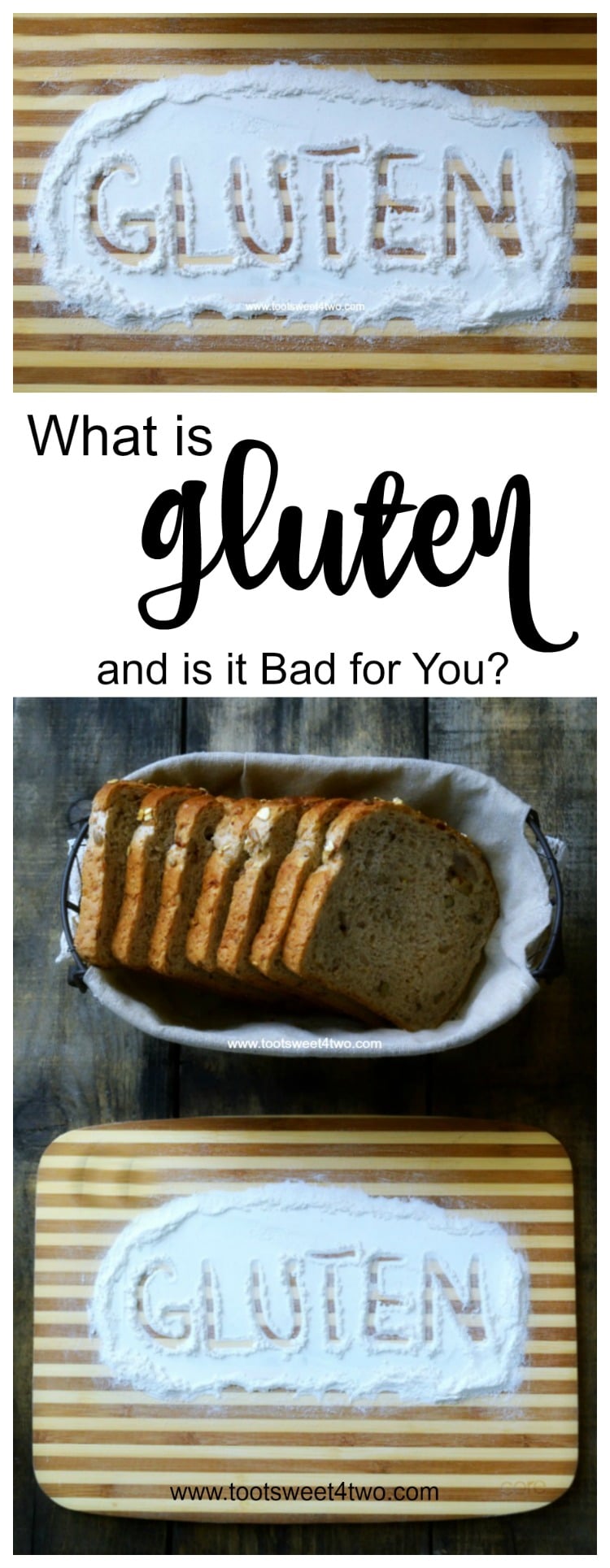
Symptoms of Gluten Sensitivity
It is suspected that more than 2.5 million people have celiac disease. However, approximately 150,000 have already been identified. People can be asymptomatic for many years and the signs of the celiac disease might overlap with other medical issues. Symptoms of gluten sensitivity include but are not limited to:
- migraines
- headaches
- depression
- anxiety
- tooth discoloration
- loss of tooth enamel
- loss of smell
- blistery rash
- dry, brittle nails
- thin hair
- bloodshot eyes
- blurred vision
- bleeding or swollen gums
- joint pain
- heartburn
- nausea
- low bone density
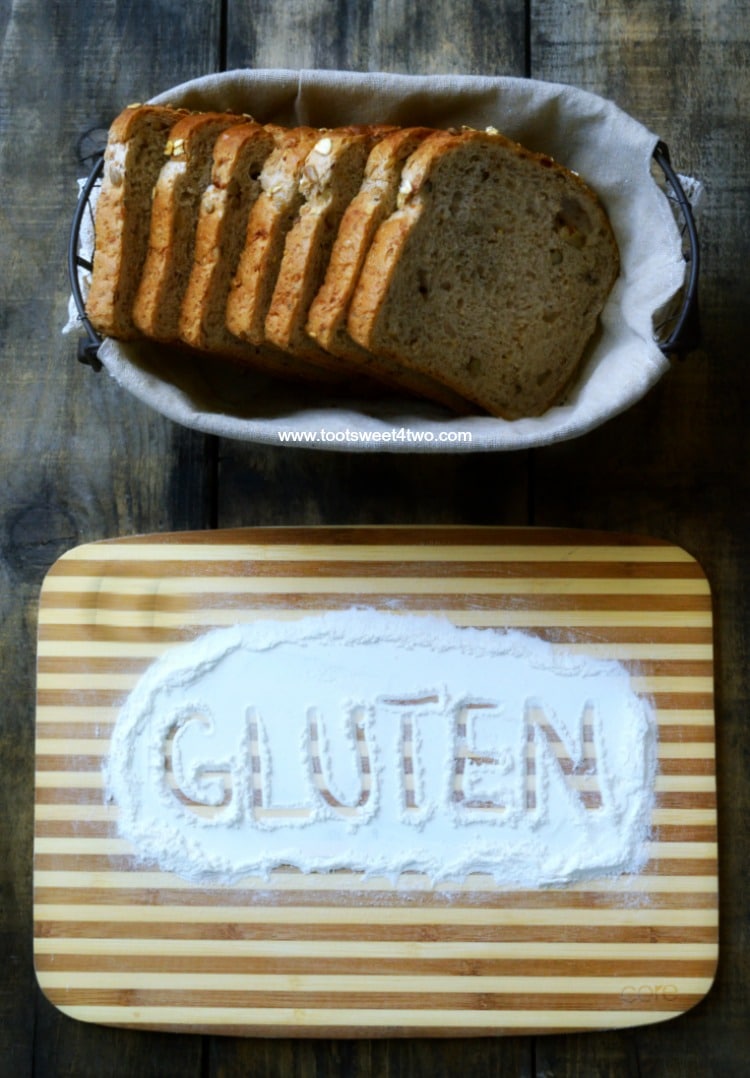
Nevertheless, if you believe you have an issue, don’t ax gluten from your diet plan just before being seen and tested by a specialist. If you stop gluten completely prior to testing, your test results could be negative even if you have the specific disease.
 Author Bio:
Author Bio:
Ella James is an aspiring author who is pursuing Health Services Administration degree from St. Petersburg College. She is an active contributor to Consumer Health Digest. Her interests include reading and writing about health, fitness and high protein diet. Get connected with her on Facebook and Twitter.
Gluten-free recipes from Toot Sweet 4 Two’s archives:

Coffee Banana Protein Smoothie

Summer’s Best Peaches with Mascarpone and Passionfruit Drizzle

 Author Bio:
Author Bio:
Leave a Reply